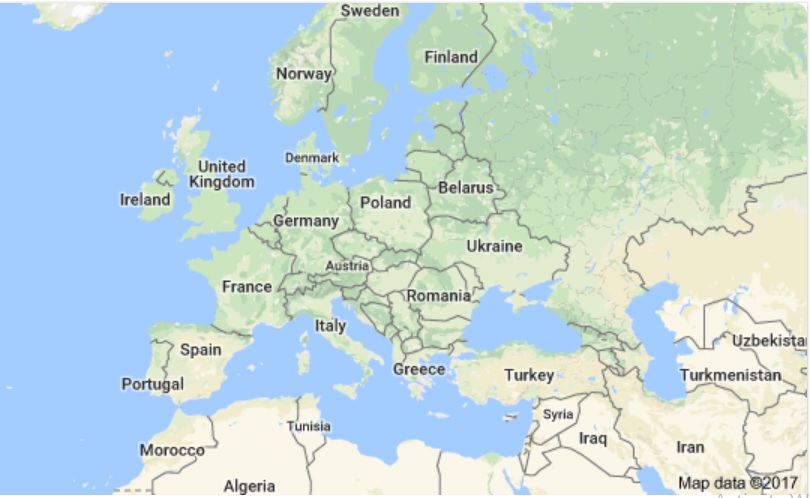Brexit means British exit from the European Union (EU).
Most recently published research findings on effects of Brexit by Hylke Vandenbussche, Wouter Simons and William Connell has revealed that United Kingdom is not the only country that will be affected by Brexit fact, there many other victims to suffer the fate of job losses, declining economic growth and reduced market for their goods and services.
Gross Domestic Product (GDP) will be affected too. Brexit is bad news for the entire European Union as well.
The proponents of Brexit have placed the trading in a precarious state. In fact industrial product is becoming globalized at an alarming rate. This is why bilateral trade can no longer be considered in isolation. Take note of this matter when analyzing trade policy.
As we mentioned at the beginning, there are many Brexit losers. Researchers who used a global input-output model have discovered that the impact of BREXIT spreads beyond the borders of United Kingdom. It has had a great impact on employment and domestic value added products for all countries with trade deals with UK.
Losses associated with trade impact on Brexit are not uniform. They vary from one country to another. This depends on the level of openness in those countries as well as the trade intensity involved.
For far too long analysts have been assuming that United Kingdom had too much to lose from Brexit. In fact, there are no winners in this case. All actors are losers. Free trade between UK and her bilateral trade partners made free-trade access to each other. This privilege is no longer enjoyed.
An example will be in order at this point. Steel sector in Belgium will suffer because their exports to the UK will reduce significantly. That is not all. In fact, there will also be a reduction in demand for steel that was previously used by Germany to manufacture cars sold to the UK market. The latter is a powerful example of indirect effect of Brexit.
Read More:
End


